Table of Contents
- NASA
- NASA планує максимально наблизитись до Сонця – це буде історична подія ...
- NASA ~ Science Pictures
- NASA+ - Review 2023 - PCMag Australia
- NASA
- NASA
- NASA обрала компанії для запуску малих вантажів
- This Date in Aviation History: July 28 - July 30 | Come for the cars ...
- NASA’s Logo Redesigned To Be Truly Out Of This World
- NASA
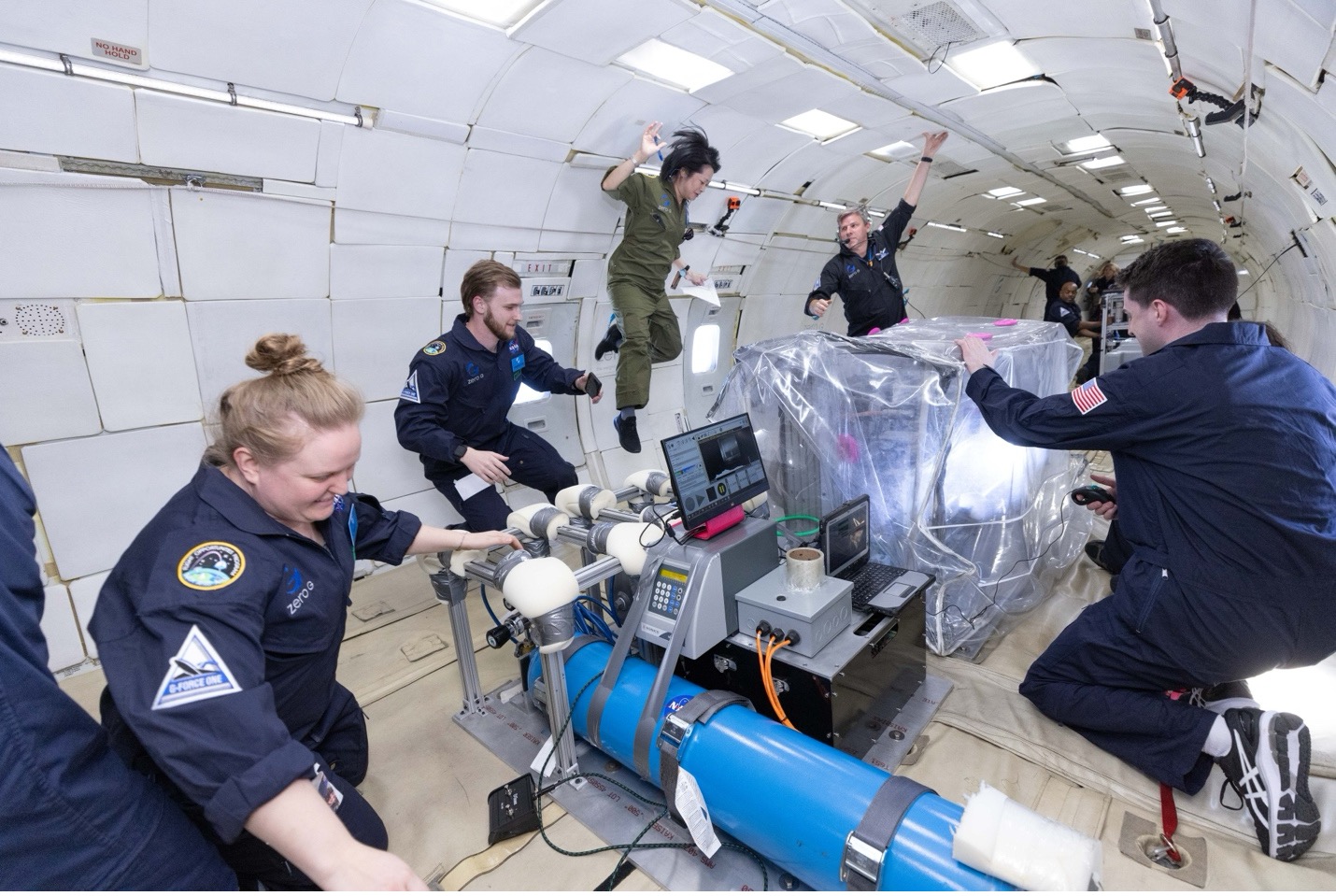
For centuries, humans have been fascinated by the mysteries of the universe, and the exploration of our solar system has been a cornerstone of scientific inquiry. At the forefront of this endeavor is Science@NASA, a pioneering program dedicated to advancing our understanding of the cosmos. In this article, we will delve into the wonders of solar system exploration, highlighting the latest discoveries, cutting-edge technologies, and the pivotal role of Science@NASA in unraveling the secrets of our celestial neighborhood.
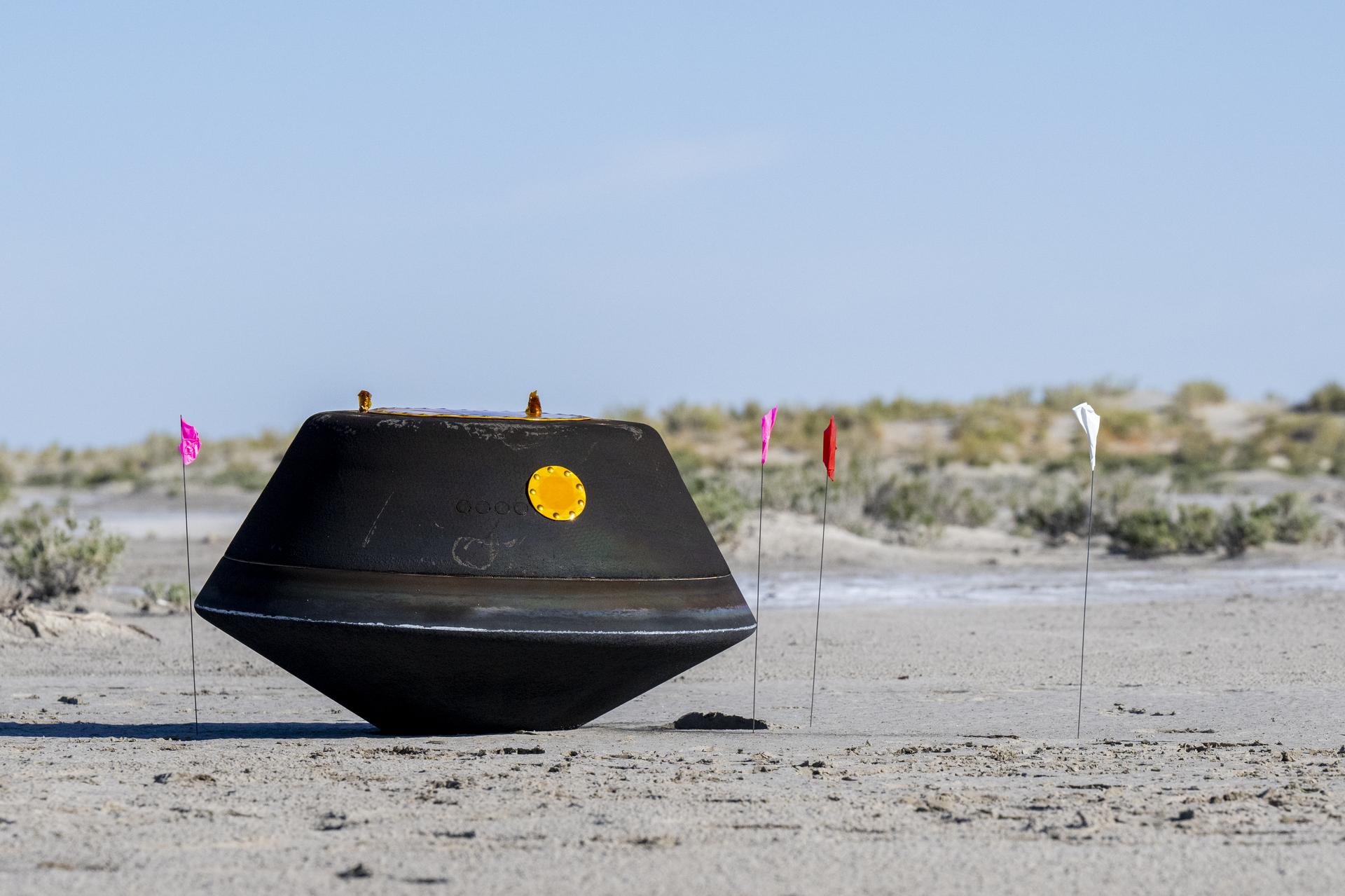
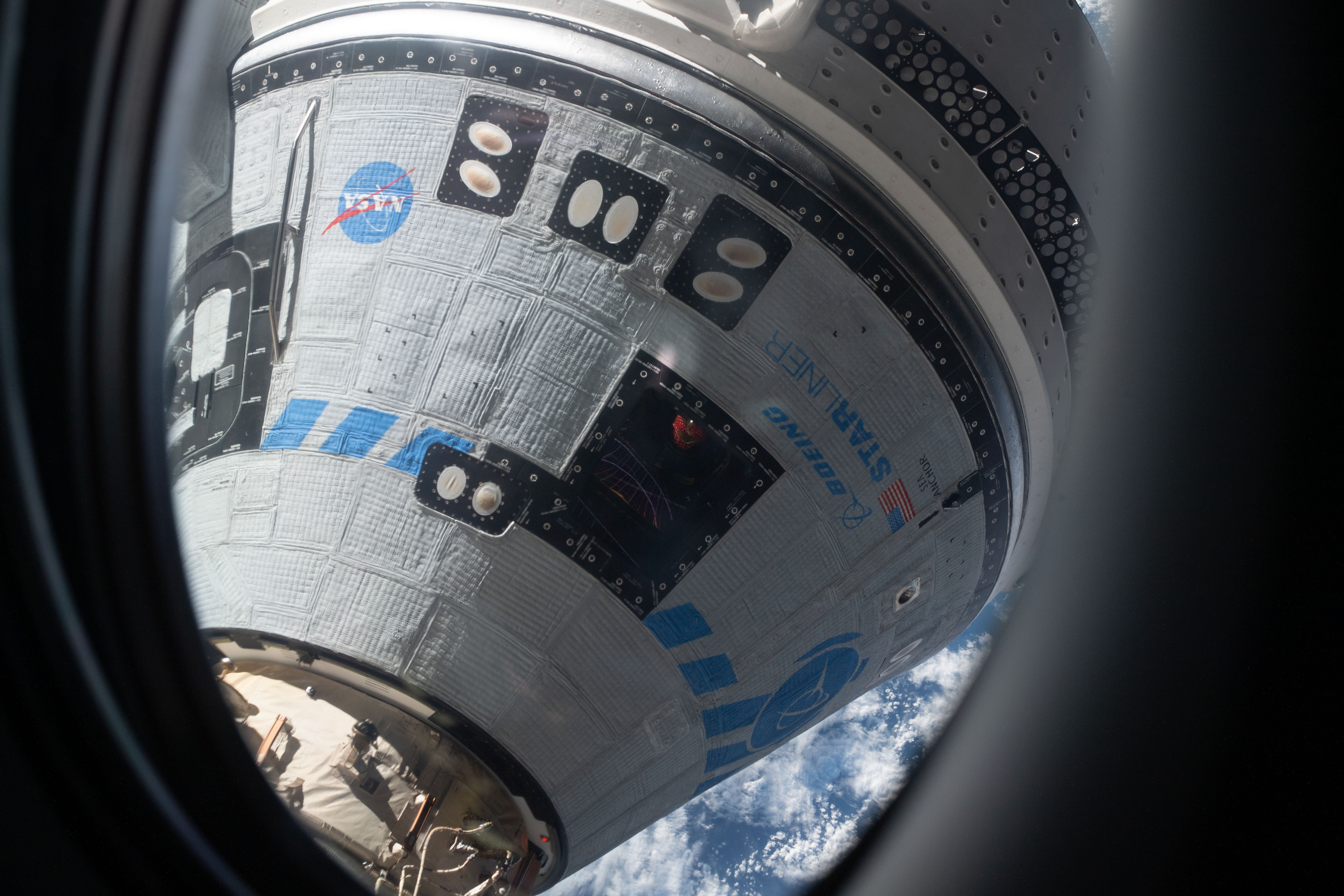
A Brief History of Solar System Exploration
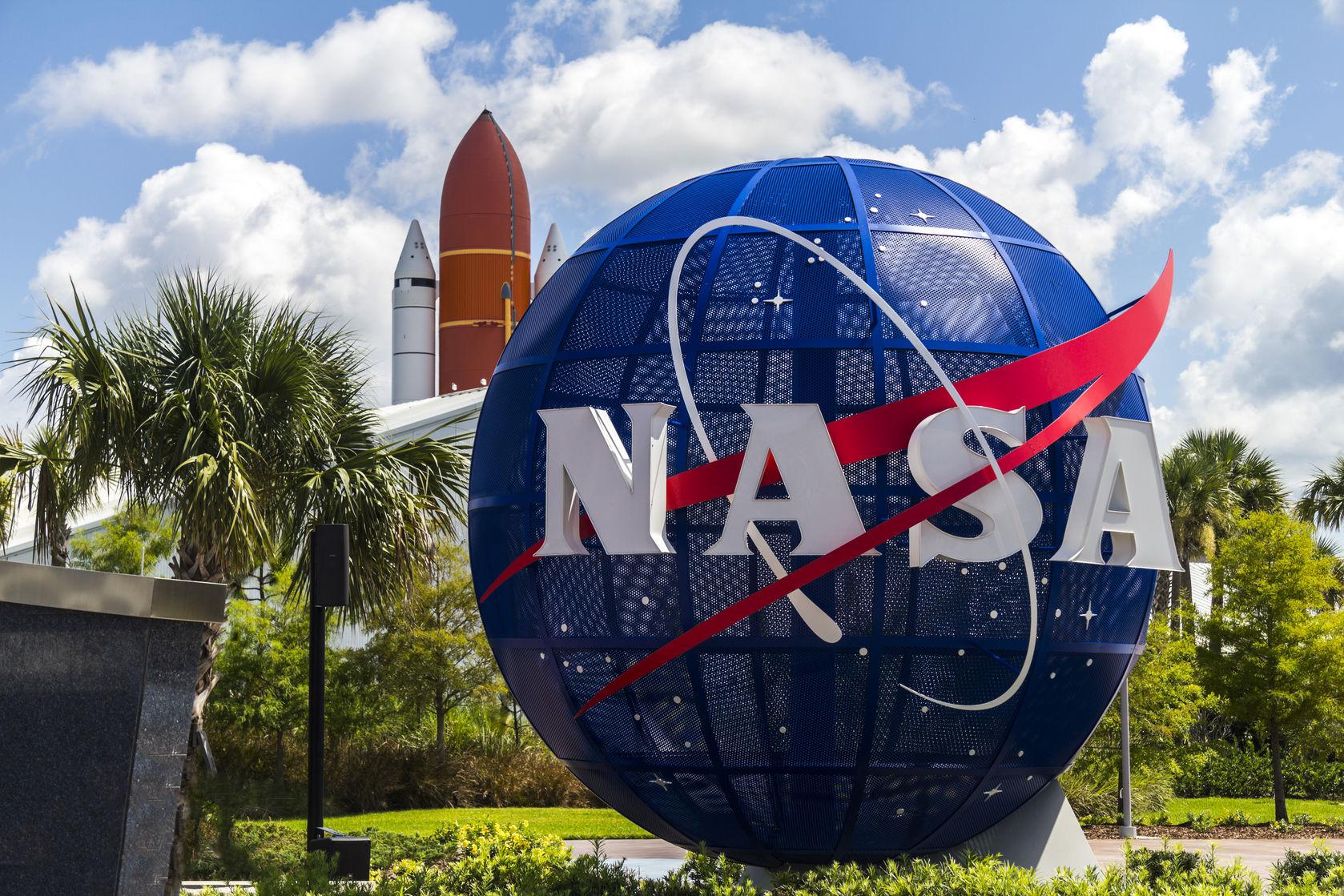
The exploration of our solar system began in earnest with the launch of Sputnik 1 in 1957, marking the dawn of the space age. Since then, numerous spacecraft have been sent to explore the planets, moons, asteroids, and comets that comprise our solar system. From the Voyager missions that ventured into the outer reaches of the solar system to the Mars Curiosity Rover that has been exploring the Red Planet since 2012, each mission has significantly expanded our knowledge of the cosmos.


Science@NASA: Pioneering Solar System Exploration
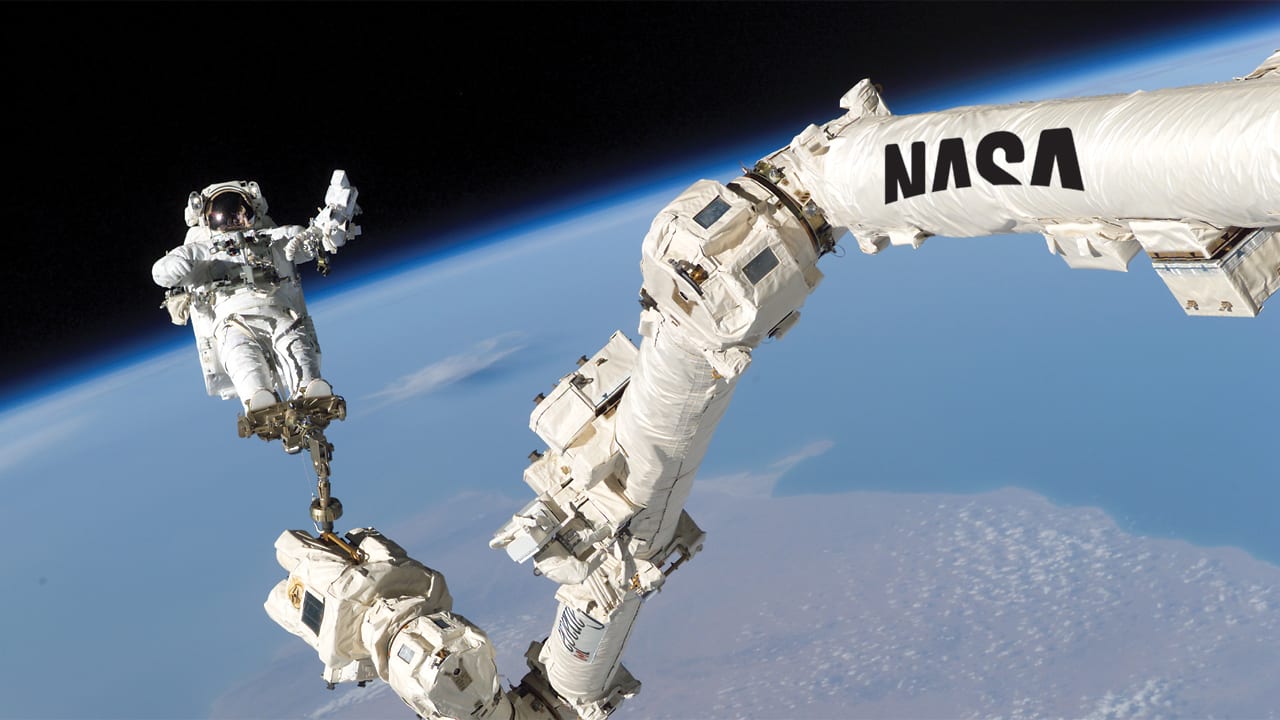
Science@NASA is a vital component of the National Aeronautics and Space Administration (NASA), focusing on the scientific aspects of space exploration. The program encompasses a wide range of disciplines, including astrophysics, planetary science, and Earth science, with the ultimate goal of understanding the universe and our place within it. Through innovative research, cutting-edge technologies, and collaborative efforts with international partners, Science@NASA has been instrumental in advancing our understanding of the solar system.
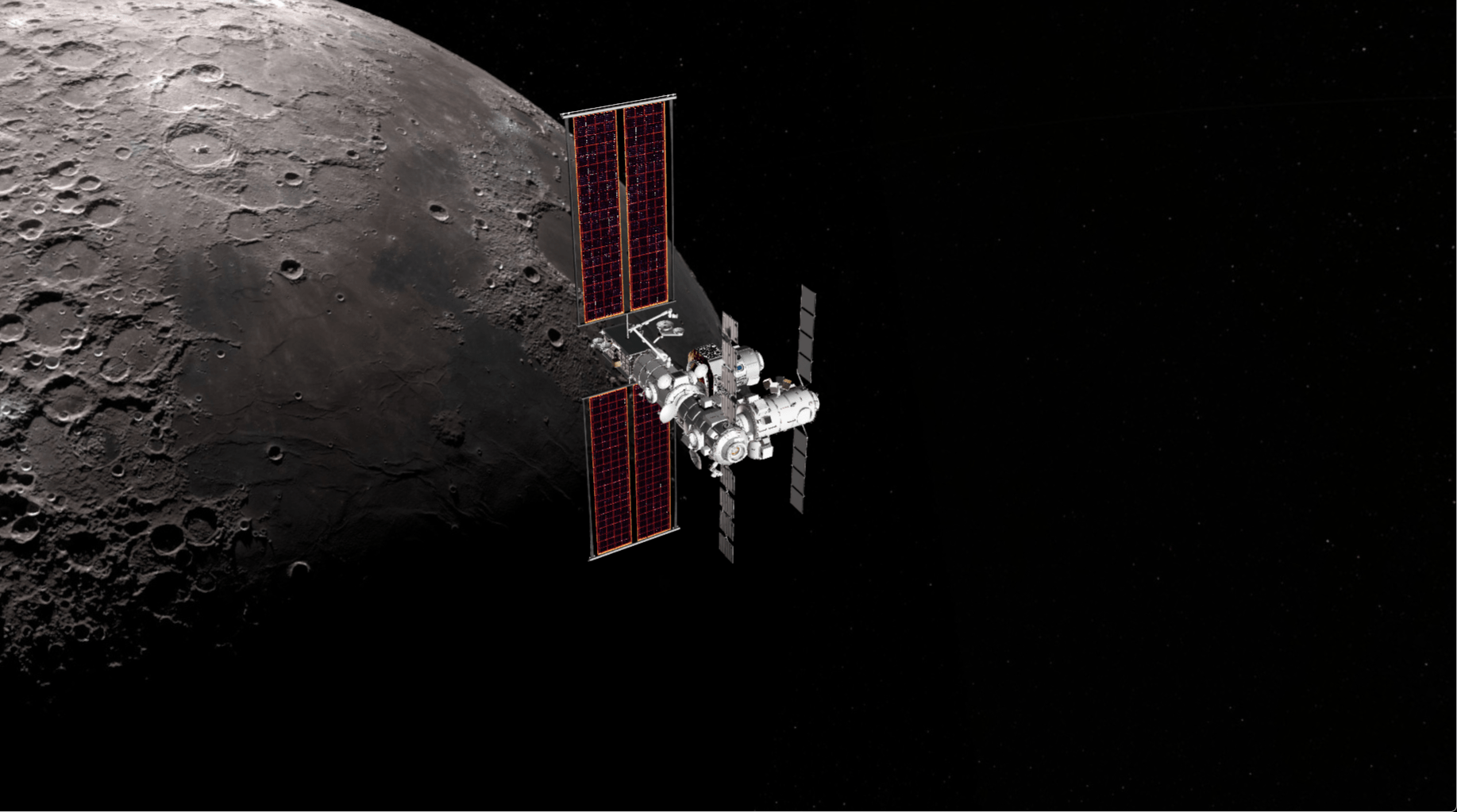
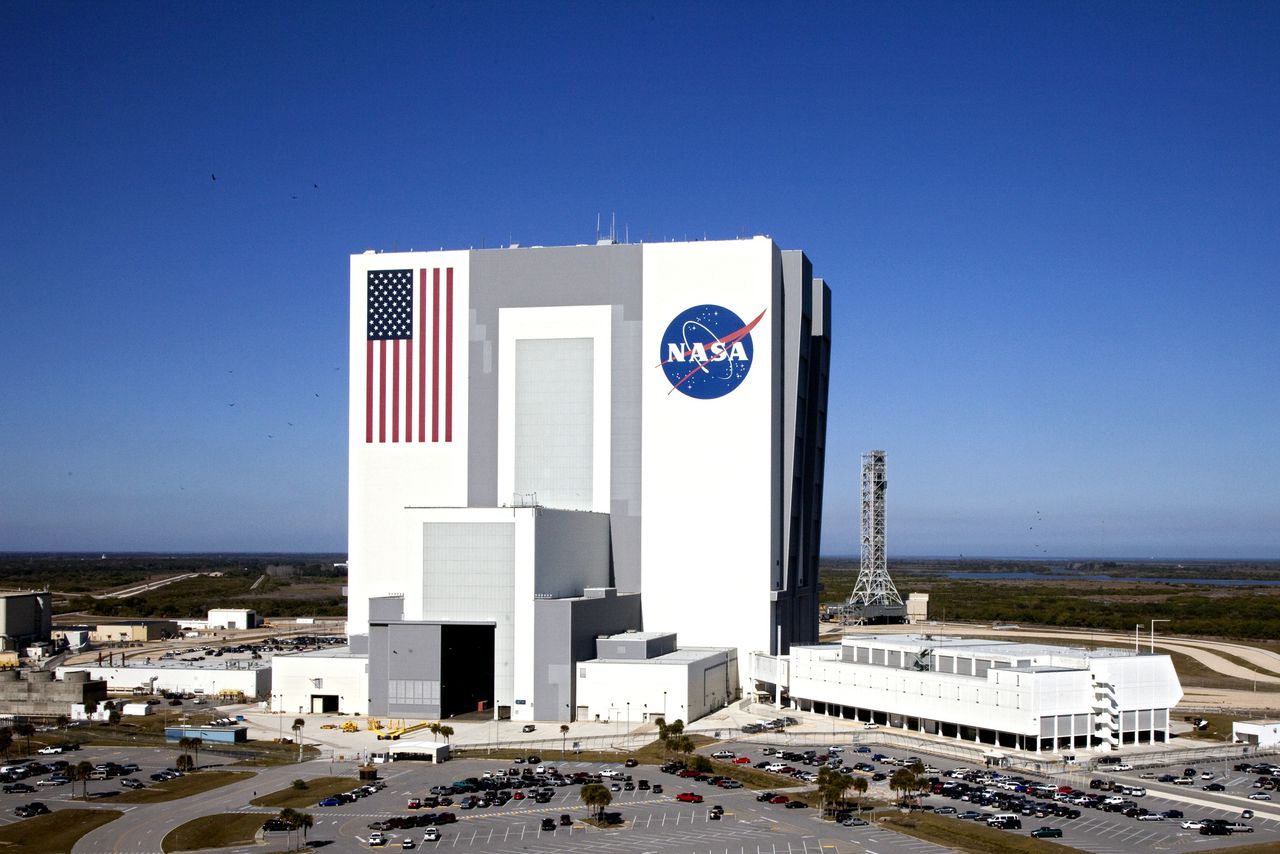
Recent Discoveries and Missions
Recent years have seen a plethora of groundbreaking discoveries and missions that have significantly expanded our understanding of the solar system. The New Horizons mission to Pluto, the OSIRIS-REx mission to asteroid Bennu, and the Parker Solar Probe that is exploring the Sun's corona are just a few examples of the ongoing efforts to explore our solar system. These missions, supported by Science@NASA, have provided unprecedented insights into the formation, evolution, and potential habitability of celestial bodies beyond Earth.

The Future of Solar System Exploration
As we continue to push the boundaries of space exploration, the future holds immense promise for uncovering the secrets of the cosmos. With plans for manned missions to the Moon and Mars, as well as the development of new technologies such as advanced propulsion systems and habitable modules, the potential for discovery is vast. Science@NASA remains at the forefront of these efforts, driving innovation, collaboration, and public engagement in the pursuit of advancing our understanding of the solar system and beyond.
In conclusion, the exploration of our solar system is an ongoing journey of discovery, driven by human curiosity and the pursuit of knowledge. Through the pioneering work of Science@NASA and the advancements in space technology, we are continually unlocking the secrets of the cosmos, inspiring future generations to explore, discover, and push the boundaries of what is possible.
Join the journey of discovery and stay updated on the latest from Science@NASA and the world of solar system exploration.
Keyword: Solar System Exploration, Science@NASA, Space Exploration, NASA, Cosmos, Universe, Planets, Moons, Asteroids, Comets, Spacecraft, Missions, Discoveries, Technologies, Innovation, Collaboration, Public Engagement.